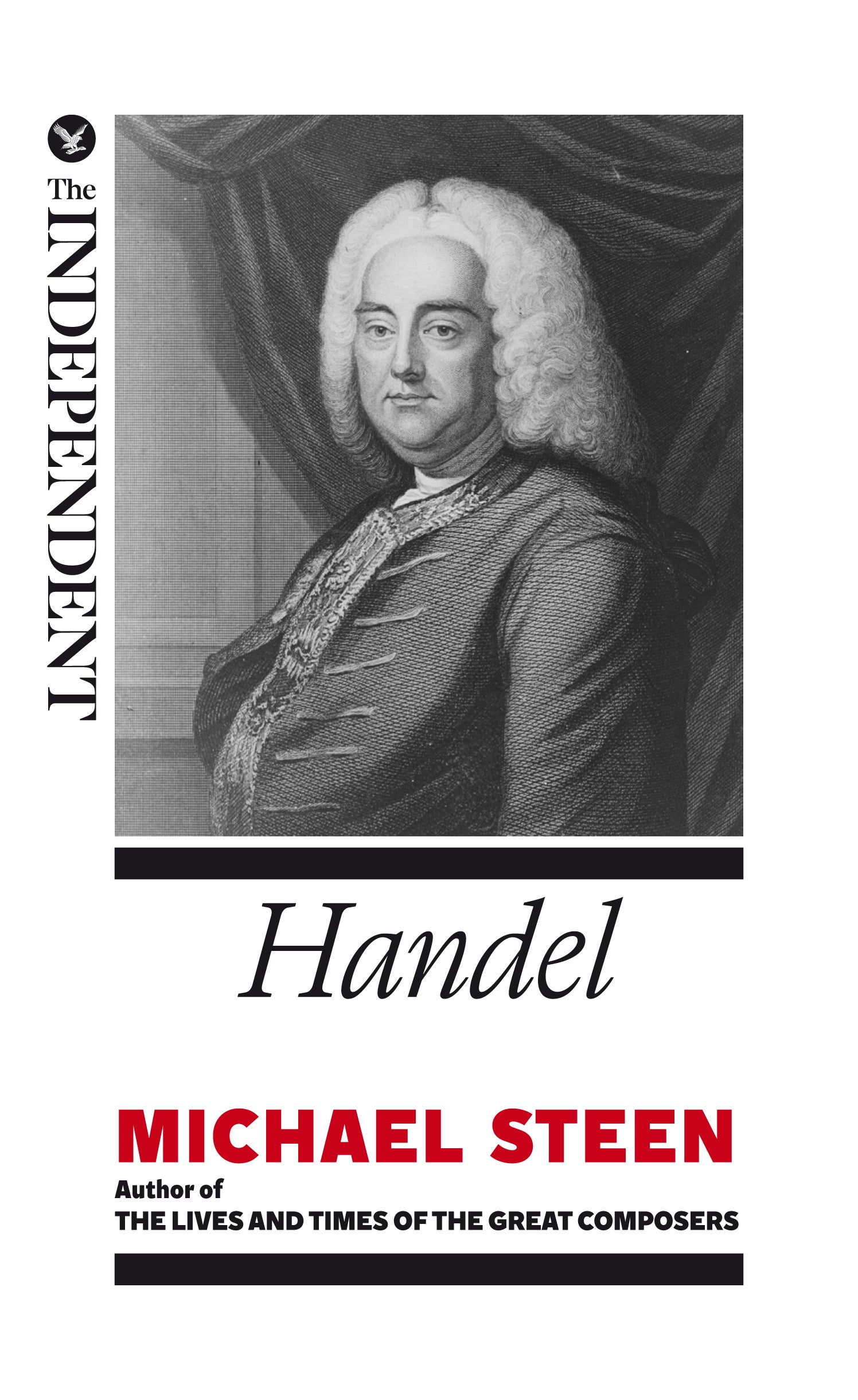The Independent's journalism is supported by our readers. When you purchase through links on our site, we may earn commission.
Handel
Part of The Independent’s new eBook series The Great Composers, covering fourteen of the giants of Western classical music

Your support helps us to tell the story
From reproductive rights to climate change to Big Tech, The Independent is on the ground when the story is developing. Whether it's investigating the financials of Elon Musk's pro-Trump PAC or producing our latest documentary, 'The A Word', which shines a light on the American women fighting for reproductive rights, we know how important it is to parse out the facts from the messaging.
At such a critical moment in US history, we need reporters on the ground. Your donation allows us to keep sending journalists to speak to both sides of the story.
The Independent is trusted by Americans across the entire political spectrum. And unlike many other quality news outlets, we choose not to lock Americans out of our reporting and analysis with paywalls. We believe quality journalism should be available to everyone, paid for by those who can afford it.
Your support makes all the difference.
Extracted from Michael Steen’s book The Lives and Times of the Great Composers, these concise guides, selected by The Independent’s editorial team, explore the lives of composers as diverse as Mozart and Puccini, reaching from Bach to Brahms, set against the social, historical and political forces which affected them, to give a rounded portrait of what it was like to be alive and working as a musician at that time.
Born within ten days of Bach and within a distance of 100 miles, Handel could not provide a greater contrast with the Lutheran master. Where Bach made pilgrimages to hear church organists, Handel sought out opera in Italy. Where Bach was ‘parsimonious and prudent’, Handel, the Italian-trained extrovert, became a risk-taking entrepreneur on an international scale, ending his life a wealthy man, with a house in Mayfair, honoured by his adopted nation.
Michael Steen follows Handel from his early years in Hamburg, through his apprenticeship in Florence and Rome to his five decades spent in the bustling London of the early 18th century. Arriving in 1710, Handel plunged into the musical world of the capital, composing and mounting a stream of Italian operas – on average almost one every nine months during the 1720s – to universal acclaim. He set up his own opera company with royal support and went talent-hunting on the continent to bring back the best singers. When the fashion for Italian opera was finally overtaken, Handel reinvented himself as a composer of oratorios and found renewed success with audiences. Even today, annual performances of Messiah are embedded in this country's musical life, as are the coronation anthem Zadok the Priest, the Water Music and Music for the Royal Fireworks. Three thousand people attended his funeral at Westminster Abbey when he died.
£0.99
Join our commenting forum
Join thought-provoking conversations, follow other Independent readers and see their replies
Comments